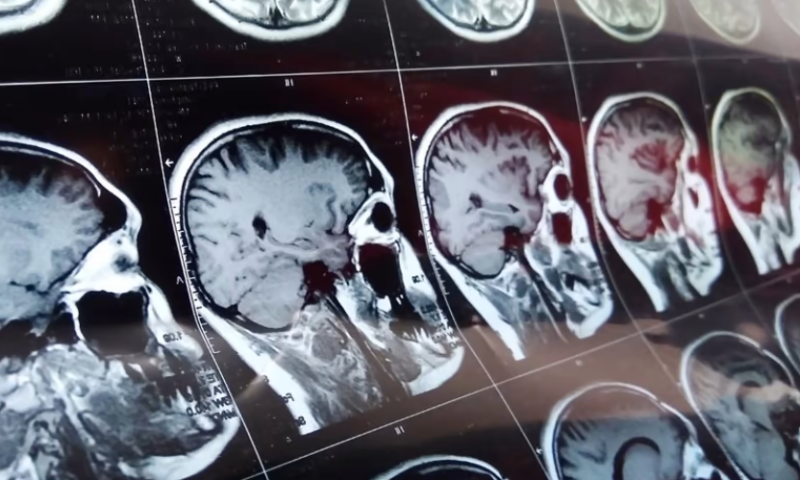The machine-led future isn’t here just yet. The FDA is taking steps to remind hospital professionals that artificial intelligence programs for detecting conditions such as strokes are currently not a replacement for attentive, hands-on care and that clinicians should keep themselves in the loop.
The real-world use of software for spotting large-vessel occlusions that block the flow of blood to the brain has shown that some providers may not be using these AI aids as intended, according to the agency.
These programs—such as offerings from Viz.ai and RapidAI, among others—are designed to help prioritize incoming brain scans and alert physicians to the most time-sensitive stroke patients.
They are not meant to provide stand-alone or definitive diagnostic information or suggest that lower-priority cases be ruled out and deleted from a physician’s reading queue, the FDA said in a letter to providers. Doing so brings the potential for missed diagnoses, patient injuries and death, the agency added.
Providers should be aware that these programs “only flag radiological exams with suspected findings and should never be used as a replacement for informed interpretation by an imaging physician,” the agency said.
In addition, an occlusion may still be present even if the AI does not report one, as some programs may not be designed to evaluate all of the larger blood vessels within the brain.
The FDA also said it is working with AI and machine learning developers to make sure that healthcare providers are properly instructed about the programs’ intended uses and design, and that the agency is evaluating real-world data to track these programs’ performance.
Earlier this month, Viz.ai raised $100 million to help expand its AI imaging software into additional conditions. The company received its first FDA de novo clearance in 2018 for a program to detect large-vessel occlusions in CT scans.
Since then, it’s received agency green lights for programs to highlight brain bleeds, pulmonary embolisms and aortic dissections and most recently a clearance in February for spotting brain aneurysms.
Viz.ai also announced it passed the milestone of more than 1,000 hospitals employing its AI platform, following commercial expansions in Europe, the Middle East and Africa on the back of the company’s first five CE marks, all awarded in 2021.

